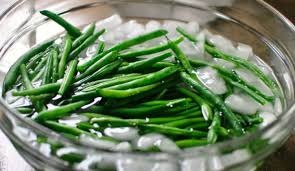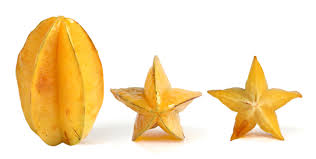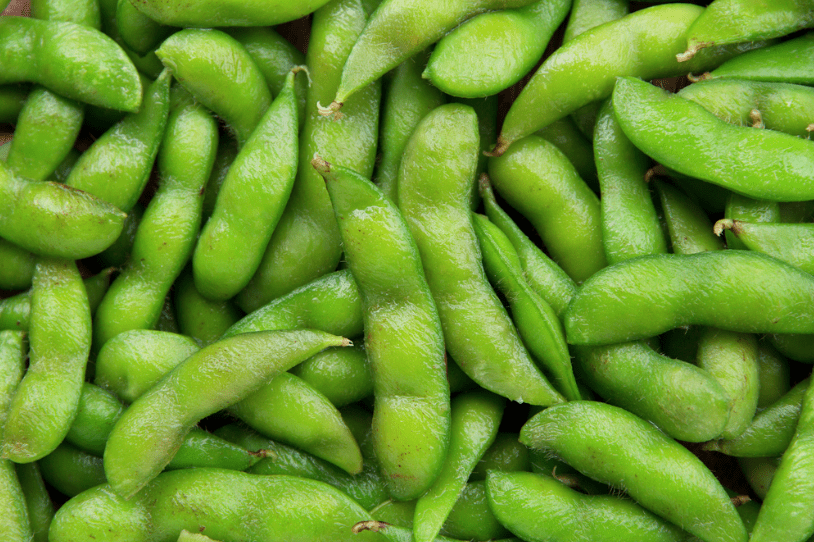Modestly, she comes to save us!
Each year, at this season, I remind myself that in nature it is all circles and cycles. The humidity, the comfortable temperatures, the air movement… and also the diversity of our baskets, they all will return.
I remind myself that last year and also in the years before that, crops have dried up early, burned by the solar radiation, and gave fruit for a shorter season than expected. The baskets have become Monotonous… and that is how it is in the height of summer. Difficult conditions for those who spend all their time outdoors, in the heat of the day… but it always comes back J
Crop after crop surrenders to the heat and radiation, and bed after bed becomes available for a short recovery period before the next crop, that will enjoy better conditions.
In this season, among all the beds with “tired” organic vegetables which are struggling every day with the climatic difficulties, our star of the week grows abundantly, fresh and juicy – it is the purselane!
The Ridglah, the local name, is actually a weed that we do not plant. It arrives on its own to grow almost anywhere with a bit of earth and water. It requires from us almost nothing and it gives us a lot – it is extremely rich in Omega 3, which is quite unique for a plant. There are not many vegetable sources of omega-3. It is rich in vitamin C and other vitamins and minerals – really a lot.
So please welcome this humble, quiet one. The one that is often treated like a very annoying weed but should receive respect for its nutritional richness from every healthfood store. It will refresh any salad, sandwich, spread, tsaziki…. You can also cook it and it simply goes well with everything. (Or at least I have not found a dish where it does not go well). And it grows everywhere… what more can you ask for?
Garden Ragelet (in Hebrew), Ridglah (Arabic), Parpahina (Kurdish), Fortolaka (botanical), Purselane (English). It really got everywhere, quietly and by itself.
Ridglah originated in Central America and probably made its way to Europe and to us by swimming. Its seeds have a particularly strong germination capacity. Even after immersion in the sea, in salt water, for many months, it probably just took one day to germinate as soon as it received some earth and fresh water. You will see the seeds, small black dots in the Ridglah bags you get from us. You can shake them over a window box or any piece of earth that is irrigated and it will move in with you. The seeds are edible either raw or cooked.
This extraordinary adaptability is what gives it the ability to grow in the spaces in paths and can be seen also in the city all kinds of grooves between stones. During the siege of Jerusalem it was an enriching and vital food source for the people under siege.
Shortly after the beginning of the summer, it just shows up in the garden beds. Perhaps the name Ragelet is from its spying abilities- it somehow knows exactly where to go… or perhaps due to its ability to move, as if it has legs…
In any event, it quietly quietly chooses locations that are suitable and within a few weeks it takes over. I leave her entire flowerbeds and this is what she does.
It is a succulent plant, an annual, juicy and green, that beyond the really very uniquely wealthy nutritional values, it also returns freshness, green, and hope to this season. With the cold it will suddenly disappear, just as it appeared… very quietly.
Actually, it really should be at the top of everyone's organic greens.
The Purslane is in the country for a long time, and appears in our sources ""אוכלין ברגילה עד שיכלו סגריות מבקעת בית נטופה" (שביעית ט', ה').. It is extremely familiar to the Israeli Arabs both as an edible vegetable and as a medicinal herb to treat skin problems, itchiness, fungus. It is known to be effective in curing diseases of the urinary tract and respiratory system, and treats constipation and the digestive tract.
Plini the Elder recommended it as an exorcist of evil spirits – It also goes well with garlic J and even got to Japan, where it is customarily served together with six other herbs as part of the new year ceremonies.
So let's open the New Year with juicy delicious nutritional richness, our capabilities and our ability to identify uniqueness in general, independence, simplicity and modesty!
Have a pleasant end of summer, and health!
Recipes for organic vegetables and organic purslane:
Maggie, Tal and The garden staff
We expect in our organic vegetable baskets (draft only) :
Corn
Thai Green Beans
Baladi Eggplants
Cucumbers
Tomatoes
Piece of Provence Pumpkin
Ramiro peppers
Cherry tomatoes
Potatoes
In the large ones also :
Mint
Kale
And butternut squash
Organic fruit baskets expected (draft only) :
Hayden Mango
Melon
Larger ones also:
Sabres
And Hermon apples












